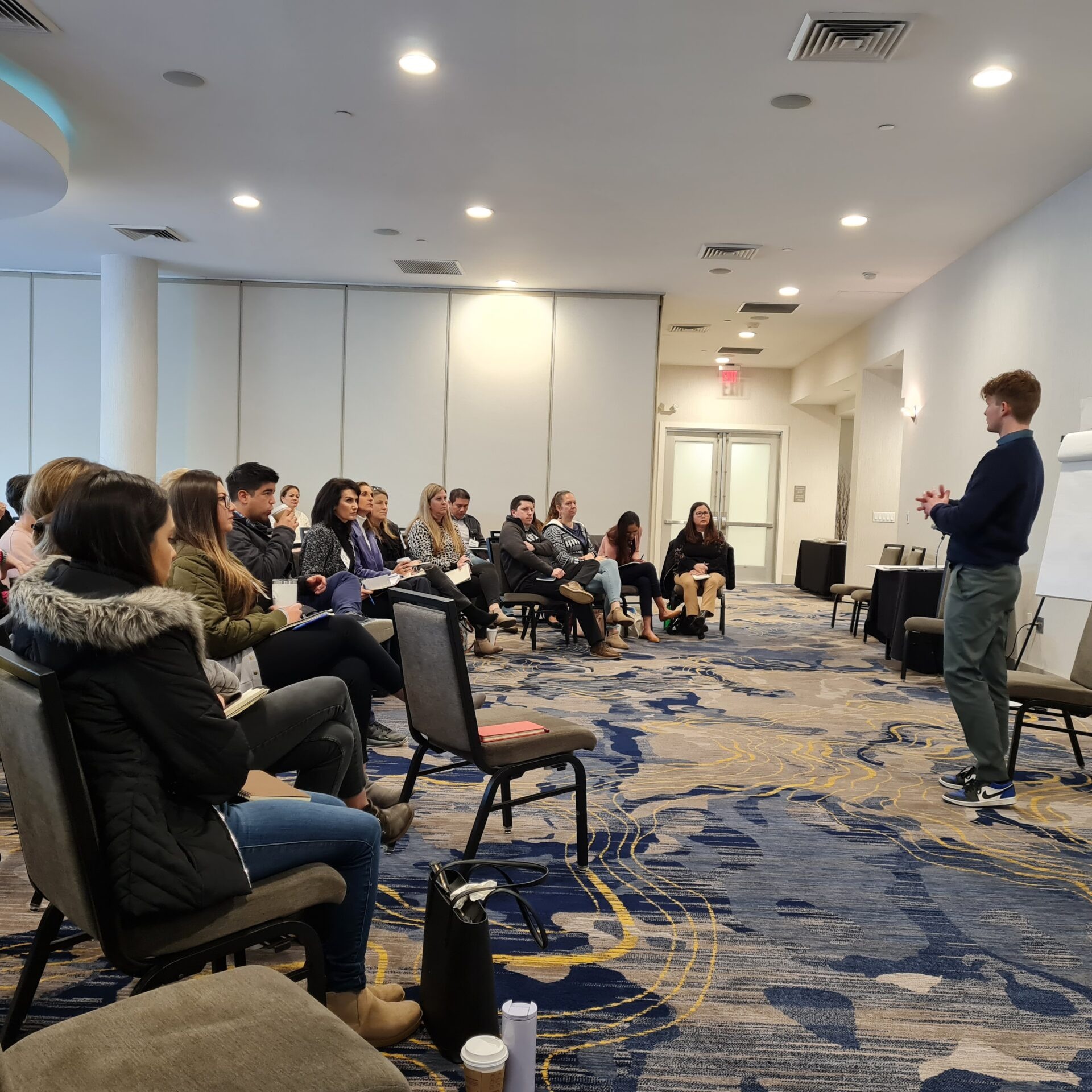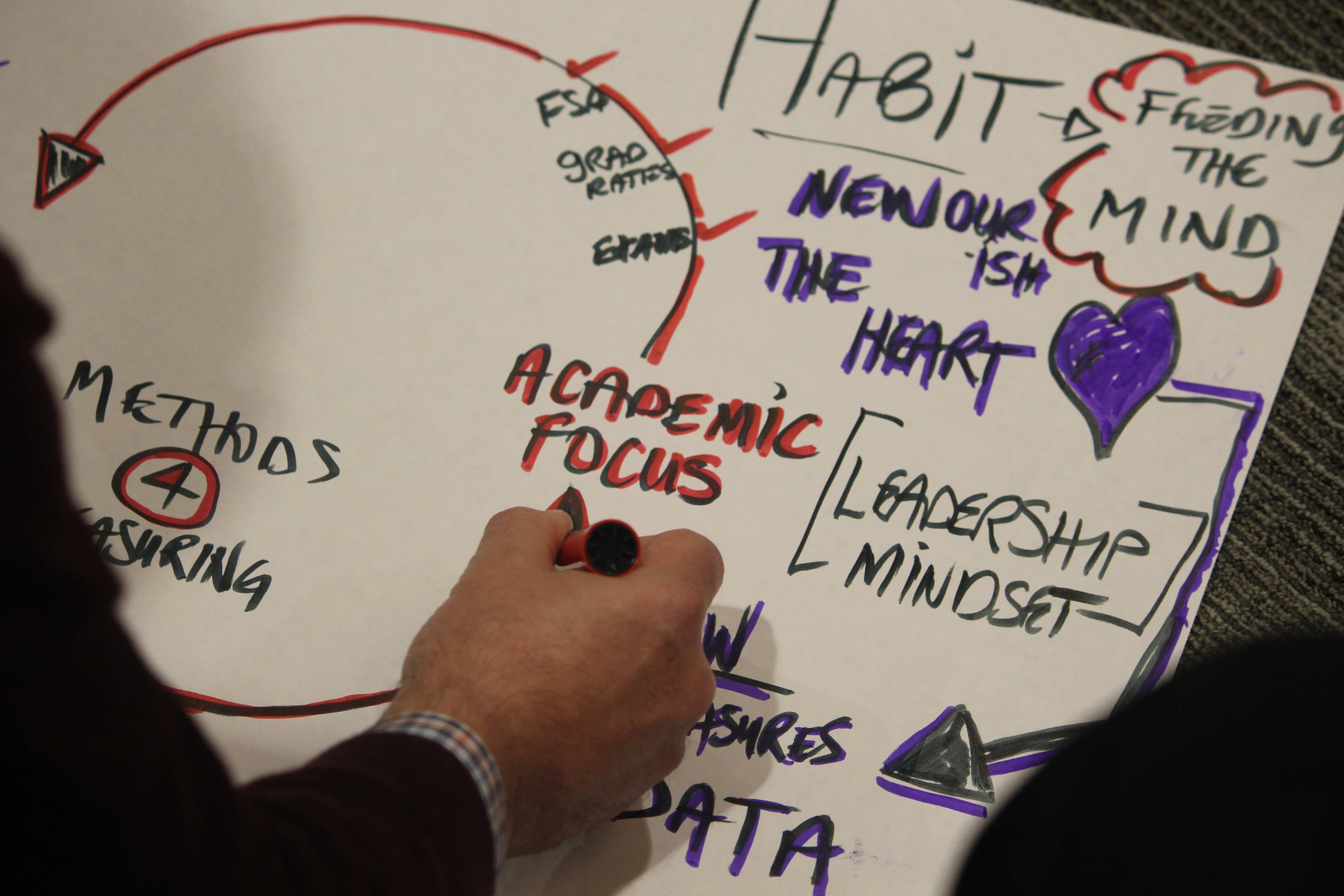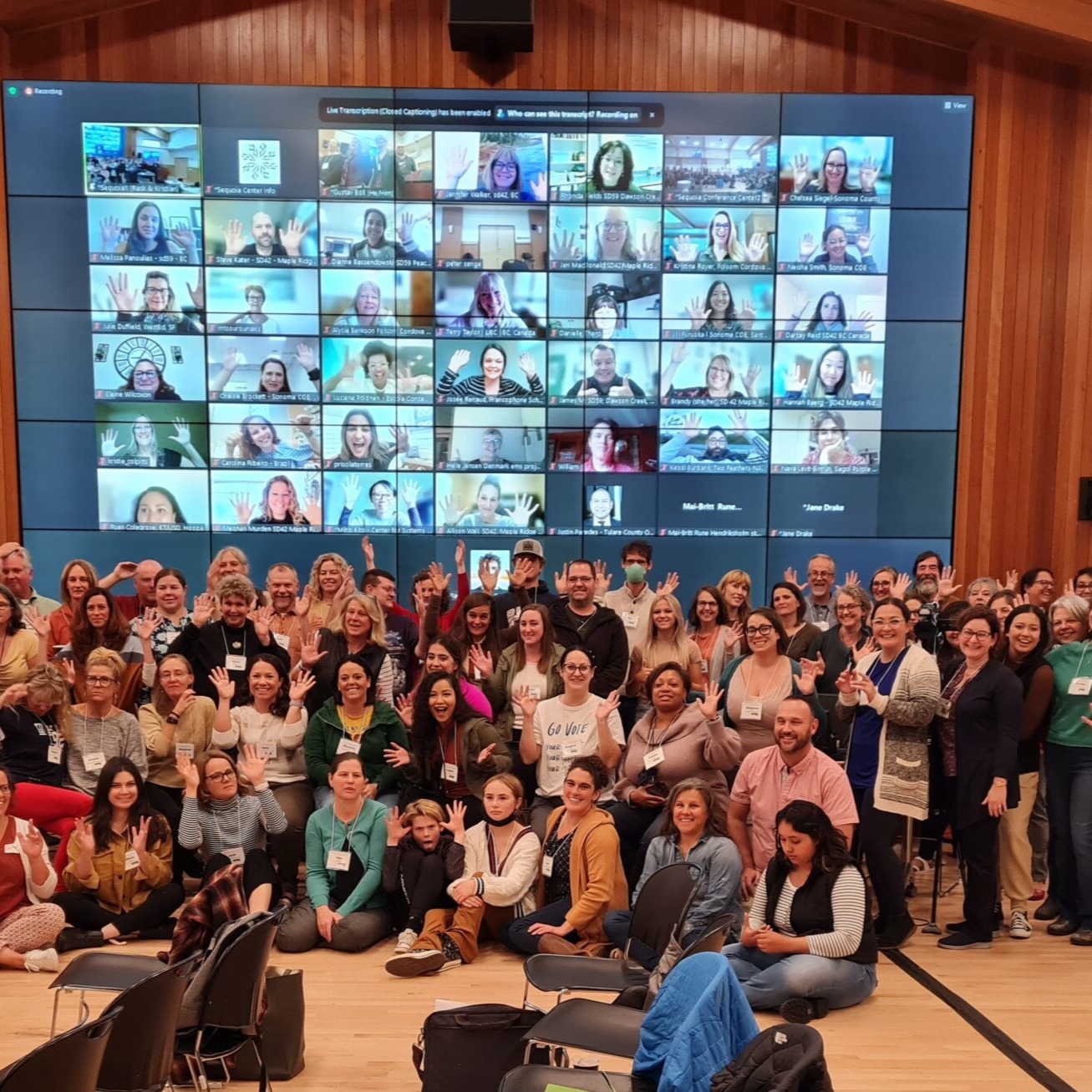Compassionate Systems Framework
My first introduction to the Compassionate Systems Framework was in May of 2022 right as my freshman year of high school was coming to an end. By that point I had regained my interest in school and crafted a narrative that I was an educational changemaker. But still, I felt lost because while I could articulate my observations about the system from a student’s perspective, I had no way of making sense of it all in a way that yielded clear answers for improving it. Despite this, after hearing about a workshop that was in some way related to educational change, I demonstrated interest in it, and through a series of fortunate connections, I managed to get my foot in the door being the lone high schooler at an Introductory Workshop to Compassionate Systems in Ventura, California. Now, my ambitions weren’t just a thought experiment anymore. This was the real-deal. I was finally going to meet the people who could reshape the system I was living in.

The workshop was co-facilitated by Mette Böll and Peter Senge, both co-founders for the Center for Systems Awareness. Their organization focuses on reimagining education through a compassionate lens and their thesis is that education is a leverage point for lasting change because to change society at large, it must begin with changing the systems that nurture the people who live in it. Most of the attendees were educational administrators—people well into their forties and fifties working in school policy, county offices, or statewide programs. But despite the decades in age difference, I felt right at home. By that time I had developed my own thoughts about changing education yet there weren't many people around me, especially those my age, that shared this passion. Suddenly though, I was in a room full of people whose full-time job was to think about impactful change efforts and with every free moment I dove into discussions about the shortcomings that needed addressing or weighing the effects of one idea over another.
I still remember that workshop vividly—the journal we were given, the meditative practices, the sense that we were united in a common pursuit to reimagine what education could be. We explored the Compassionate Systems tools and practices like the Mandala for Systems Change or the Iceberg Model. We were guided through visioning exercises and examined systems dynamics, distinguishing between symptomatic and fundamental solutions and considering how they could be applied in our local contexts. That's where I met Rask, a member of the Youth Leadership Team, who told me about their recently formed Youth Council—an online cohort of young people eager to carry this work forward. I learned that this workshop wasn't a one-off event, but rather part of a growing community adopting Compassionate Systems to make changes within education. I’d soon realize that unknowingly I had stumbled across an organization making big and bold ripples across the global movement to transform schools.

I applied to the Youth Council, got in, and soon found myself connecting with peers from countries I couldn't even point to on a map at that time. I had mixed feelings of being out of my depth yet excitement for participating in something bigger than me. Despite being separated by oceans, the council members and I shared the same sense of curiosity, compassion, and a recognition that schools weren't equipping us with the skills and experiences we'd need for life. Above all, what inspired me most was that they, like me, felt driven enough to take matters into their own hands and do the work that would lead to change in their community. After about a year on the council, I was invited to join the Youth Leadership Team who were the ones who designed and hosted the council along with other projects. This meant moving from participant to co-creator as I began facilitating the council alongside others on the team. This was the first step towards creating a council for youth, by youth and I'm proud to have been a part of that legacy.
Around the same time, I joined Cohort 5 of the Compassionate Systems Master Practitioner program, the Center's year-long certification tailored for educators with high decision-making authority. Once again, I found myself among the youngest participants—just me and another high schooler from Thailand—but I welcomed the challenge. I knew the program would push me in ways I hadn't yet experienced, and I valued the wisdom of more experienced peers as much as they valued mine student one. One of the highlights of the program was a week-long in-person retreat in Garrison, New York. Our cohort, about 40 people from dozens of nationalities, had spent most of the year connecting virtually so meeting in-person felt like a profound miracle. We shared stories, deepened our practice, and created opportunities to collaborate in our work. It's not easy being often the only young person in the room who cares about transforming education. Most students tolerate school as it is, believing it’s something that’s not worth changing. But being surrounded by educators who were doing the good work I felt a renewed sense of hope that one day our efforts will pay off.

Over the next year and a half, I continued working with the Center while being a student. I grew my understanding of the nuance and challenges that face systems change in education and I cultivated my professional identity as I worked at this nonprofit as my first real job. I witnessed firsthand what it takes to juggle multiple projects, upskill while maintaining ongoing processes, and navigate the interpersonal dynamics of a team spread across three timezones. These experiences opened unexpected doors like getting to co-facilitate a breakout session at the Systems Awareness Lab Conference at MIT in January of 2025 or joining a growing network of compassionate systems practitioners in Japan.
This framework has taught me more about myself than anything else. I'm forever indebted to the wonderful people who have guided me along the way and now I'm ready to give back—to bring these tools, practices, and hopeful spirit to the communities that need them most.